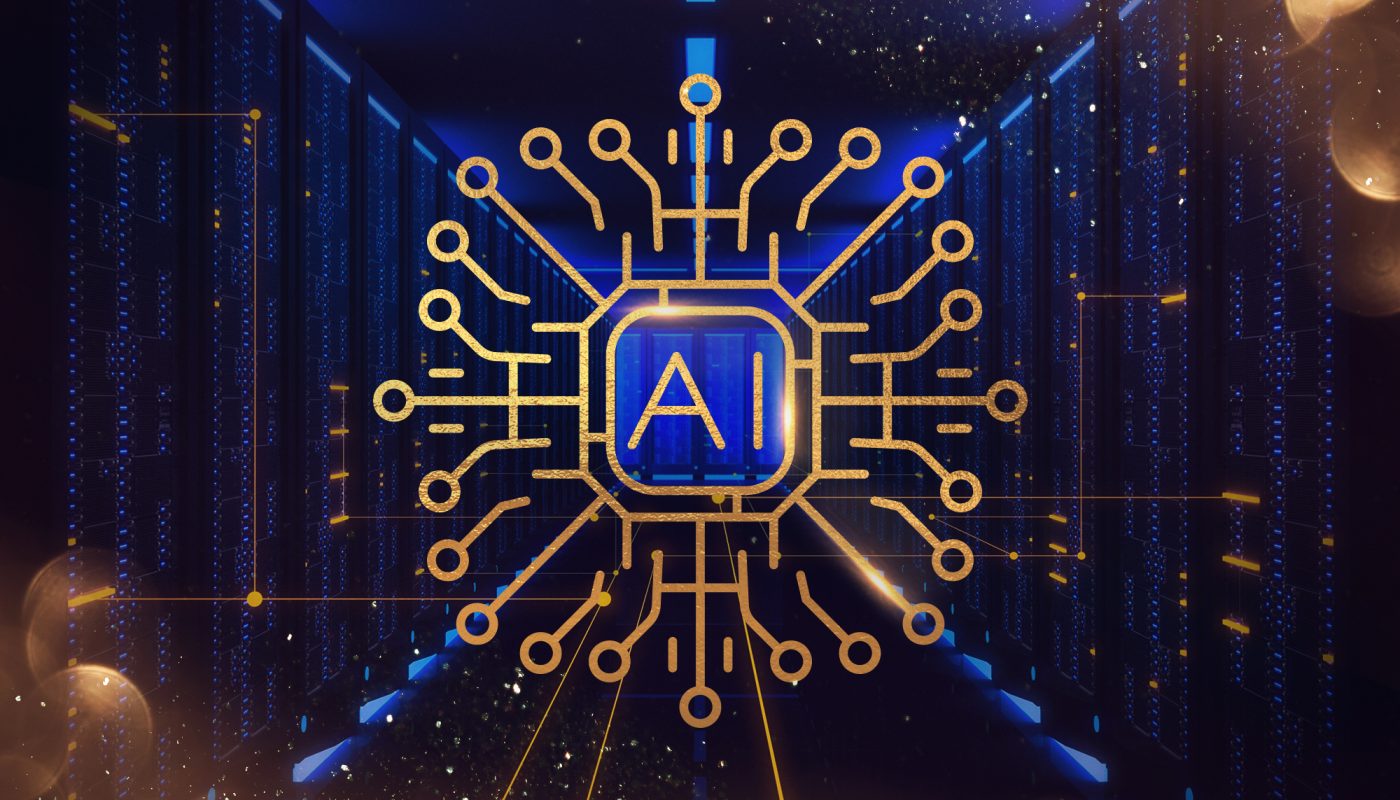Many in education make use of AI-powered services in their daily lives, including voice
assistants in their homes, grammar checkers, sentence completion apps, and essay writers.
According to the U.S. Department of Education, since AI tools are now available to the public,
many instructors are actively investigating the use of AI-powered capabilities like speech
recognition, increasing the support available to students with disabilities, multilingual learners,
and others who could benefit from customizing digital tools when learning. AI helps create new
lessons or enhance existing ones and change resources for their classes.
Risk of AI
Yes, AI can automatically produce incorrect or improper content. Yes, it is a concern that
undesired influences could be raised by programs produced by AI. But students still turn to this
tool when in need of immediate feedback, to refine their writing style or just flat-out cheat.
How do students use AI while avoiding plagiarism? Has anyone paid the price for cheating with this tool?
Brainly, Grammarly, and ChatGPT are all AI-powered platforms familiar to students. Making sure
AI does not take the role of instructors is one of the major difficulties facing technology in education.
Students’ Point of View
AI changes the way students learn, alters lessons, and adjusts to different learning styles.
Students were asked what they feel are the benefits, and risks of AI in education and whether they
feel it breaks policies on cheating.
Aniyah Smith, a sophomore, stated “In my experience with AI, most commonly in college the risk
would be plagiarism, but to me the benefits outweigh the risk of it all. It’s helped me expand on my
ideas or if I have a paper due, it can help further knowledge with research.”
Smith strongly disagreed with considering it breaking cheating policies. “I feel when using it for the right reasons,
it isn’t cheating, it’s useful to expand your creativity but if you’re using it to copy and paste, then it’s cheating.”
Jeremiah Green, freshman, answered “I feel the benefit of AI in education is that it can help you
form, navigate, and find your answer. The risk is that you can scan the question and quickly get
the answer, so you won’t really learn anything, using AI is a huge risk.”
When it comes to breaking cheating policies Green had a unique perspective. “The person using AI is breaking the policies,
rather than AI itself, as a college student if you AI everything you won’t consume anything from what you do learn. Doing your work consistently will give you a better understanding of the work.”
Is AI taking over college campuses?
AI tools assist in providing a student with specific learning, but only under the guidance of an
experienced educator. Beyond a coded response, AI is unable to identify emotions, and even a
bot that has been “trained” to be helpful has limitations when compared to a human teacher.
Image credit: https://www.flickr.com/photos/152824664@N07/44405376514/




